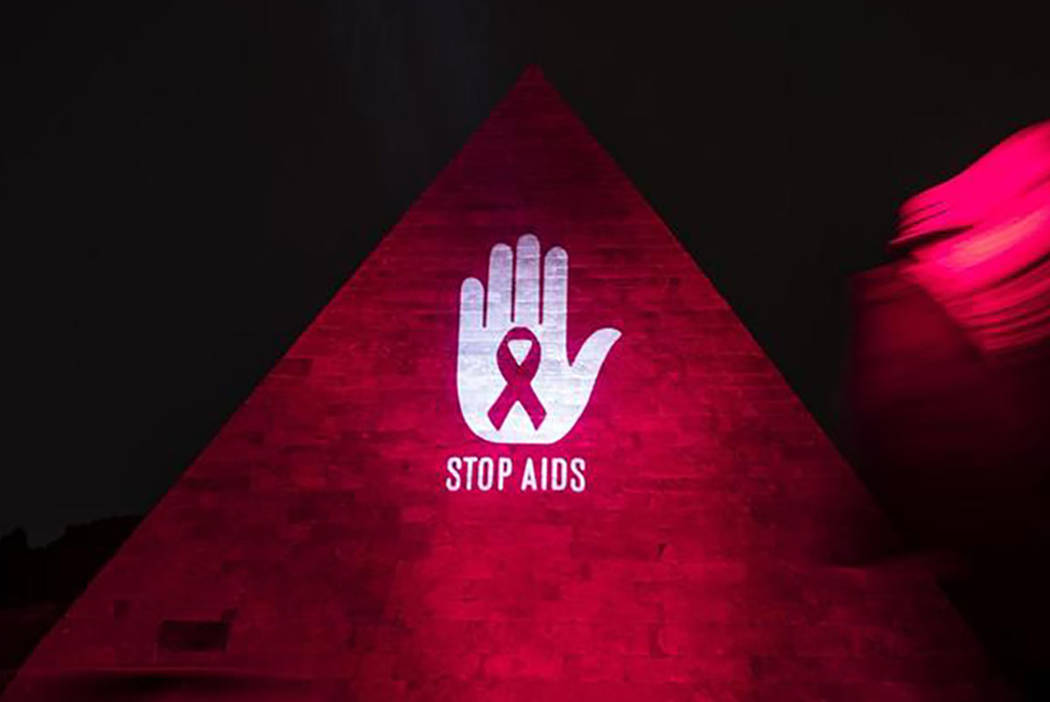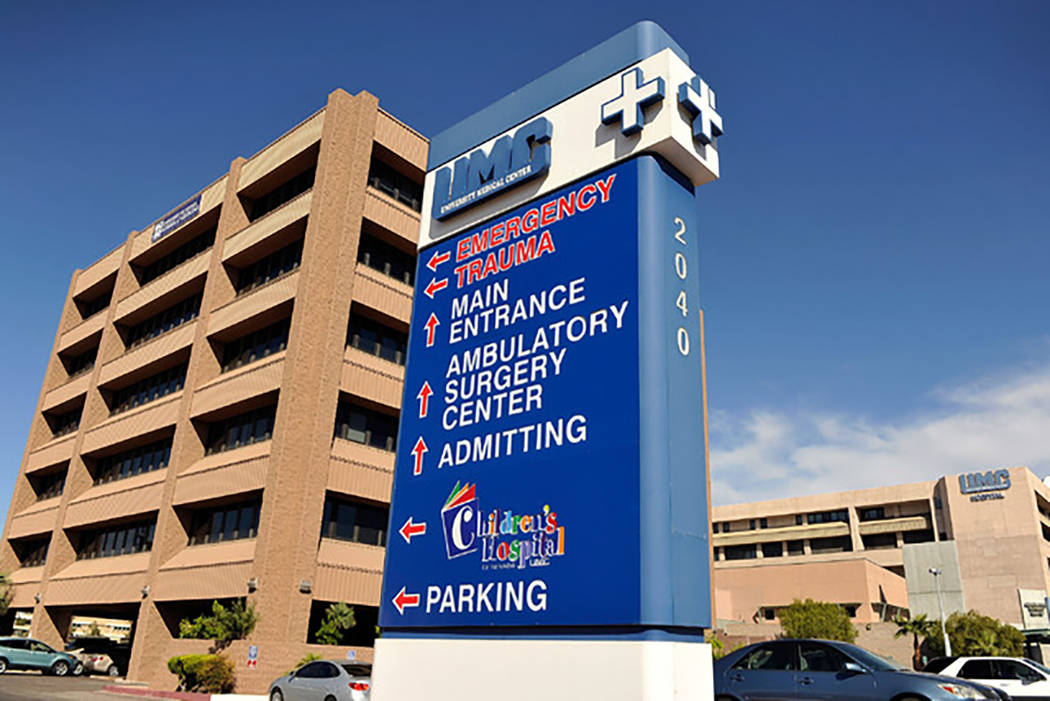Las Vegas hospital widens HIV testing policy on World AIDS Day
It has been 12 years since the federal Centers for Disease Control and Prevention recommended that health care providers broaden testing for the AIDS-causing HIV virus to all Americans, not just those deemed most at risk of contracting the disease.
On Saturday — the 30th commemoration of World AIDS Day — University Medical Center in Las Vegas will adopt the CDC’s guidelines in hopes of driving down the number of HIV diagnoses in Nevada and persuading other health facilities in the Las Vegas Valley to follow suit.
“We have the tools available right now to eliminate the disease,” said Dr. Jerry Cade, a family practice physician who started UMC’s HIV program in 1985, when testing for HIV first became available.
The CDC made the recommendation to test all patients in 2006, after previously calling only for testing of pregnant women and people who were considered part of a high-risk transmission pool, including sexually active gay and bisexual men. But the recommendation was not widely adopted, Cade said.
In the meantime, the number of new HIV cases has increased in Nevada since 2012, as the national caseload leveled off, according to CDC data.
Health care providers now realize that those outside the high-risk pool have been unknowingly spreading HIV, Cade said. Without regular testing, the disease isn’t easily diagnosed despite effective treatment methods available to help people live longer, fuller lives.
Tools like a local needle exchange program and prescription brand name drug Truvada can help prevent the spread of infection, Cade said. But so can testing every patient who receives treatment at UMC.
“This is kind of just a renewed emphasis to make that happen,” he said.
UMC is adopting what is called “opt-out” testing guidelines. Patients who are getting blood drawn in the hospital’s adult ER will be automatically tested for HIV unless they request otherwise. The change, which falls in line with the CDC’s guidelines, should reduce the number of new cases in a state that had the sixth-highest diagnosis rate in 2016 nationwide.
“That will be one more patient who knows they’re positive,” Cade said. “For that individual patient, it means they’re going to live a longer and healthier life.”
Cade said he hopes other community hospitals follow in UMC’s footsteps.
The hospital announced the protocol change as part of an effort to help Southern Nevada reach the United Nations Programme on HIV/AIDS’s 2020 “90-90-90” target goal to get 90 percent of all HIV-positive people to know their status, 90 percent of diagnosed people on antiretroviral treatment and 90 percent of people on antiretrovirals to achieve undetectable viral load levels, so the disease doesn’t spread.
Stigma still stands in the way, Cade said, though not the way it did in 1985, when he first started this work. He was amazed to see a commercial for Truvada on television that discussed transmission of HIV.
“It’s just kind of a recommitment,” he said. “It’s not a disease that we couldn’t be rid of by the end of the century, period.”
Contact Jessie Bekker at jbekker@reviewjournal.com or 702-380-4563. Follow @jessiebekks on Twitter.
Free and low-cost testing
The Center, at 401 S. Maryland Parkway, offers free HIV and syphilis testing Monday through Thursday for Nevada residents. For more information, visit https://thecenterlv.org/.
The Southern Nevada Health District offers testing for HIV and other sexually transmitted infections (STI), along with counseling and free condoms. Basic screenings are available for $40. For more information, visit http://www.southernnevadahealthdistrict.org/sexual-health-clinic/.
Check with your insurance provider to see if you're covered for HIV and STI testing. Most plans will cover testing at no cost.



















